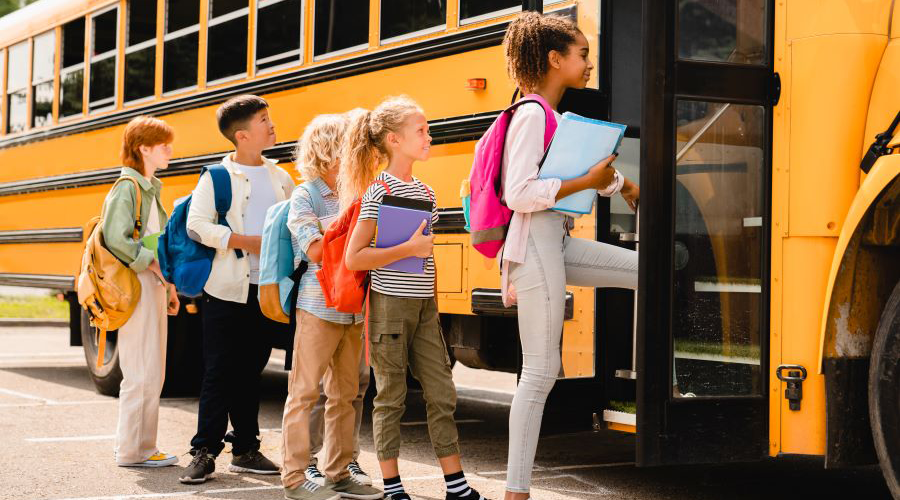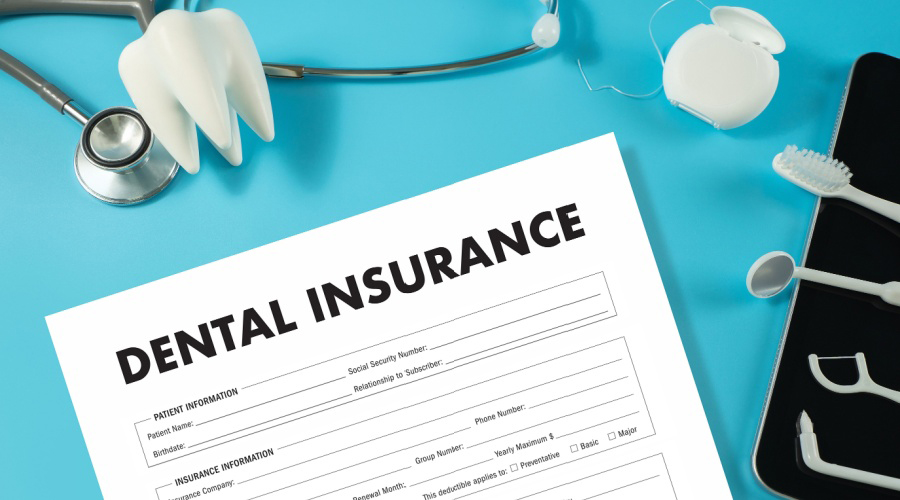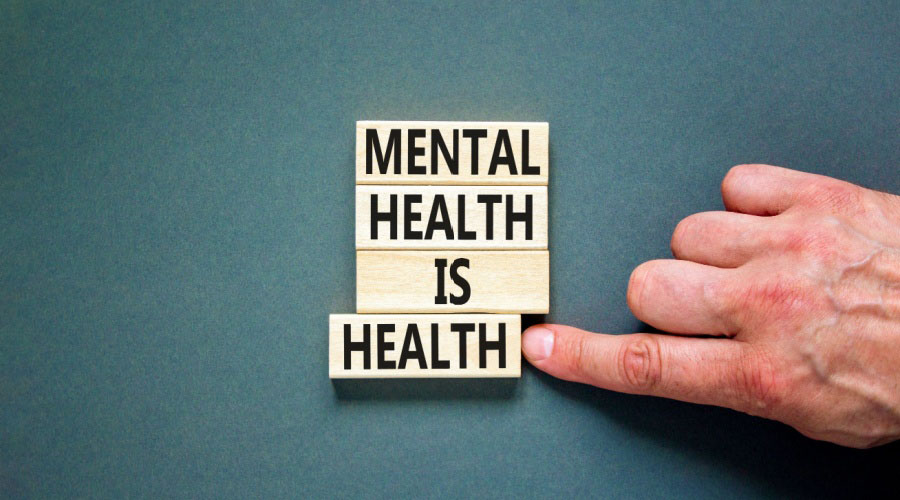This is a time of year for new clothes shopping, school supplies and your child’s dread (or your joy) at the prospect of going back to school. In the rush to get your child prepared for the upcoming school year, remember there are some health concerns for your child or teenager that the new school year can bring.
COVID, Flu & Other Illnesses
Thanks to two years of school closures, remote learning and masking, we’re all pretty aware of the effect of viral illnesses. But don’t think COVID is the only game in town to worry about. There’s the flu, the common cold, RSV and strep throat, which is a bacterial infection. While no longer mandated in most areas, masks can have an impact in lowering transmission of these illnesses. If your child is sick, keep them home and out of contact from other children. Also, make sure that immunizations are up to date.
Injuries From Sports & Activities
School sports are a great way for kids to learn about good sportsmanship, teamwork, and leadership. Unfortunately, it can also be a cause of sprains, concussions, and broken bones among other injuries. While we can’t make sports 100% safe from some injury, we can minimize the risk with some simple precautions. First, have your kids undergo a sports physical to your young competitors are ready for the physical demands of their chosen activity. It’s also important to make sure your kids have the right type of sport-specific safety equipment, that it fits properly and that they’re learning correct form and technique for all movements, especially those in contact sports. Make sure that you know and recognize the signs of a concussion and that you treat any head injury with care.
Sleep Deficiency
Regular sleep schedules tend to go out the window during summer vacation as kids may stay up later at night and wake up later in the morning. As any parent knows, it can be difficult to get back on schedule once school starts. However, it’s critical that a good night’s sleep be a central part of your child’s schedule. Lack of quality sleep can make kids more likely to get sick, lose focus at school and get injured during sports or other activities. The National Sleep Foundation recommends that school-age children get between nine and 11 hours of sleep each night.
Nutrition
Back to school means tight schedules become tighter and morning routines become crazier. That doesn’t help with the planning of healthy meals for growing bodies. Make sure that your household has plenty of healthy snack and meal options including fruit and vegetables and other alternatives to chips, sweets, and other kid favorites. Good nutrition is an important foundation of overall health.
Bullying
Believe it or not, bullying can be a serious issue to your child’s physical, mental and emotional health. Children and teens who are bullied are at a higher risk of developing anxiety and depression, academic problems, and substance abuse later in life. While a serious issue, it’s often difficult to know how to handle bullying. You can start by familiarizing yourself with the common signs of bullying. These can include sudden behavioral changes, trouble sleeping, nightmares, avoiding activities or socializing, lost or destroyed belongings, headaches, stomachaches and unexplained injuries. If you believe your child is being bullied, talk with a counselor and his or her pediatrician. They can be great resources to help you determine your course of action.
Mental Health
Going back to school for many children has always been fraught with some anxiety but the isolation that many children experienced with COVID lockdowns and remote learning have had a significant impact on their mental health and socialization skills. It’s easy to miss the signs of children in distress, especially as they enter their ten years and distance themselves. As hard as it can be, try to maintain active communication with your children about their experiences during the day and the difficulties that they encounter. Knowing that they have someone that is listening is a critical feature of good mental health. If serious issues develop beyond your ability to help them cope, seek the resources of a professional counselor who specializes in the mental health of children or teens.
Lice
Schools are the most common source of lice transmissions, especially among preschool and elementary school age children. Each year, up to 12 million cases of lice occur in children ages 3 to 12. Head lice are parasitic insects that feed on human blood and live along the scalp, causing itching and discomfort. Lice usually move from one person’s head to another through direct contact, though it is also possible for lice to spread through the sharing of hats, scarves, or towels. Children should avoid any head-to-head contact with others outside your household. It’s also a good idea not to share personal items, including hats, helmets, or brushes.
Are Your Children Covered Under The Right Health Plan?
Savers Health represents a multitude of health insurance plans for individuals and families. Make sure you have the best fit for you and your family. Let’s discuss your specific needs and budget considerations so we can find a great plan that provides the benefits you need to make sure your children are properly insured!
Contact one of our licensed representative at 336.831.9121 or via email at info@saversmarketing.com. Call us today!





